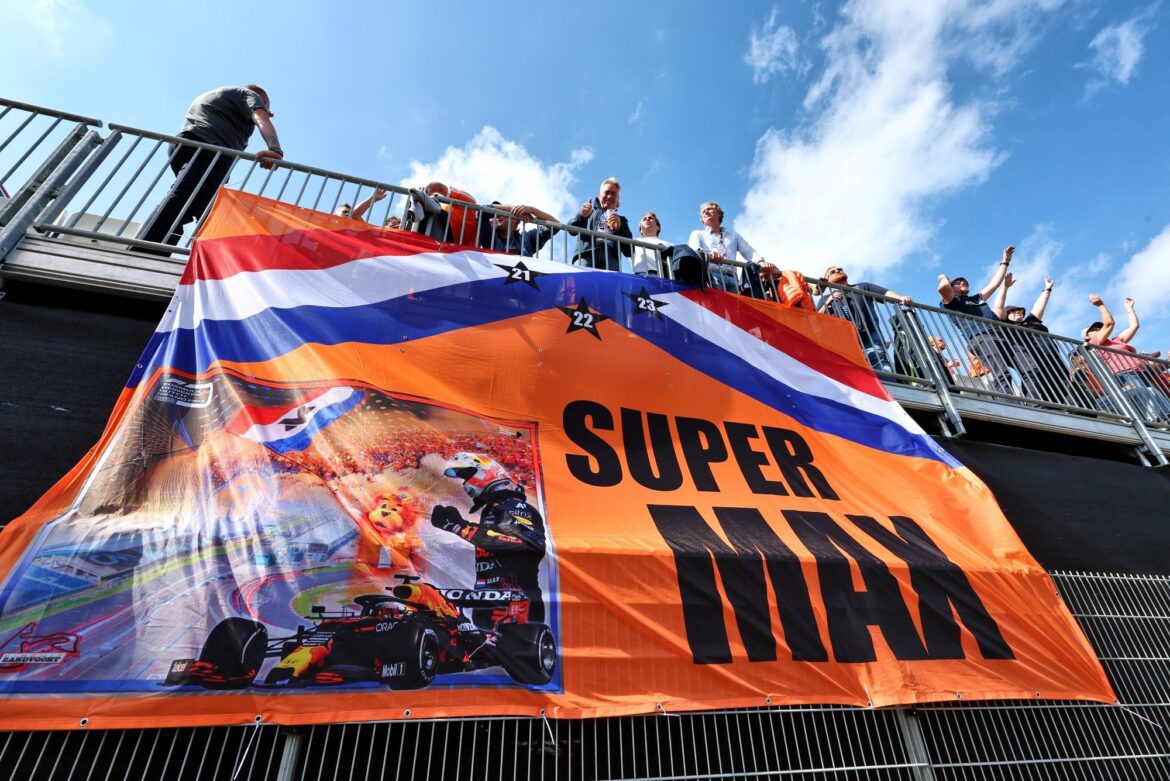Ralf Schumacher Discusses the Departure of Zandvoort from the Formula 1 Calendar
Ralf Schumacher, the former Formula 1 driver, has recently shared his thoughts on the exit of the Zandvoort circuit from the F1 calendar. This track, known for hosting the Dutch Grand Prix, currently has a contract that lasts until next year. Schumacher believes that the decision to remove Zandvoort reflects the ongoing changes within the racing series.
Changing Landscape of Formula 1
In a recent episode of the podcast "Backstage Boxengasse," Schumacher expressed his views on the situation, stating, “It’s unfortunate, but it’s just the way things are. Fair is fair: Max Verstappen has become a lot calmer over the years.” He elaborated that this shift in Verstappen’s demeanor is a result of fans becoming accustomed to his performance and the fact that he no longer wins as frequently as he once did.
This transformation in the sport is not just about a single driver; it signifies broader trends within Formula 1. The departure of Zandvoort is indicative of a larger business model that the series is adopting—one that is increasingly focused on revenue generation and market expansion.
The Business Model of Formula 1
Schumacher pointed out that the primary reason behind Zandvoort’s potential exit relates to the evolving business strategies of Formula 1. He remarked, “This means that hype like this is always temporary. You can also see this in the revenue coming from sponsorship.” The financial viability of a race circuit plays a crucial role in its ability to remain on the calendar.
Sponsorship revenue is a critical piece of the puzzle, and it has become increasingly important for circuits to attract financial backing. As Schumacher noted, the dynamics of sponsorship can fluctuate, impacting the overall profitability of hosting a Grand Prix.
Financial Logic in Prioritizing New Markets
Schumacher also defended the financial reasoning behind Formula 1’s focus on exploring new markets. He emphasized, “We shouldn’t forget to look at ourselves before criticizing others. If I want to sell my bike and someone offers me 200 euros, but another person comes along with an offer of 400 euros, you know what choice I would make.” This analogy highlights the necessity for Formula 1 to adapt and respond to lucrative opportunities that arise outside traditional markets.
The shift in focus toward new territories reflects the reality that financial incentives play a pivotal role in decision-making processes within the sport. As Schumacher explained, if a venue can offer more financial benefits, attract a new audience, and draw in fresh sponsors, it is simply more appealing for Formula 1.
The Global Appeal of Formula 1
The relevance of markets beyond Europe has become increasingly significant. Schumacher pointed out, “If someone pays more, reaches a new audience, and attracts new sponsors, then that’s just how it works. We need to get used to the fact that Formula 1 is no longer just a European party. That’s why it’s so successful now.”
This statement underscores the importance of globalization in the context of Formula 1. The sport has made strides to enhance its international presence, tapping into various regions that were previously underrepresented. The rise of interest in Formula 1 in places like the United States and the impact of streaming platforms like Netflix have contributed to this shift.
The Unexpected Growth in the United States
Reflecting on the recent growth of Formula 1 in the United States, Schumacher remarked, “Ten years ago, no one thought it would explode like this.” The increasing popularity of the sport in the U.S. market has opened doors to new opportunities and revenue streams, further solidifying its status as a global phenomenon.
The symbiotic relationship between media exposure and audience engagement cannot be overlooked. The introduction of shows like "Drive to Survive" has provided fans with a behind-the-scenes look at the sport, making it more accessible and relatable to a broader audience. This has led to a surge in interest and viewership, particularly among younger demographics.
The Future of Formula 1 in Europe
While the current trends suggest a shift toward new markets, Schumacher acknowledged that the economic landscape could change. “As we know, in ten years, Europe could very well be economically stronger again. That remains to be seen,” he concluded. This statement reflects an understanding that the dynamics of global markets are ever-changing, and what may seem like a trend today could evolve in unexpected ways.
Conclusion
Ralf Schumacher’s insights into the departure of Zandvoort from the Formula 1 calendar encapsulate the complexities of the sport’s evolving landscape. The combination of financial realities, market expansion, and shifting audience demographics all play a role in shaping the future of Formula 1. As the series continues to navigate these changes, it remains essential to stay attuned to the factors that influence its direction and success.
In summary, Schumacher’s perspective sheds light on the interplay between financial incentives and the global appeal of Formula 1. The departure of traditional circuits like Zandvoort may be seen as a loss, but it also reflects the sport’s adaptability and willingness to evolve in pursuit of new opportunities. As Formula 1 forges ahead, the focus on emerging markets and the exploration of new fan bases will undoubtedly remain at the forefront of its strategy.
